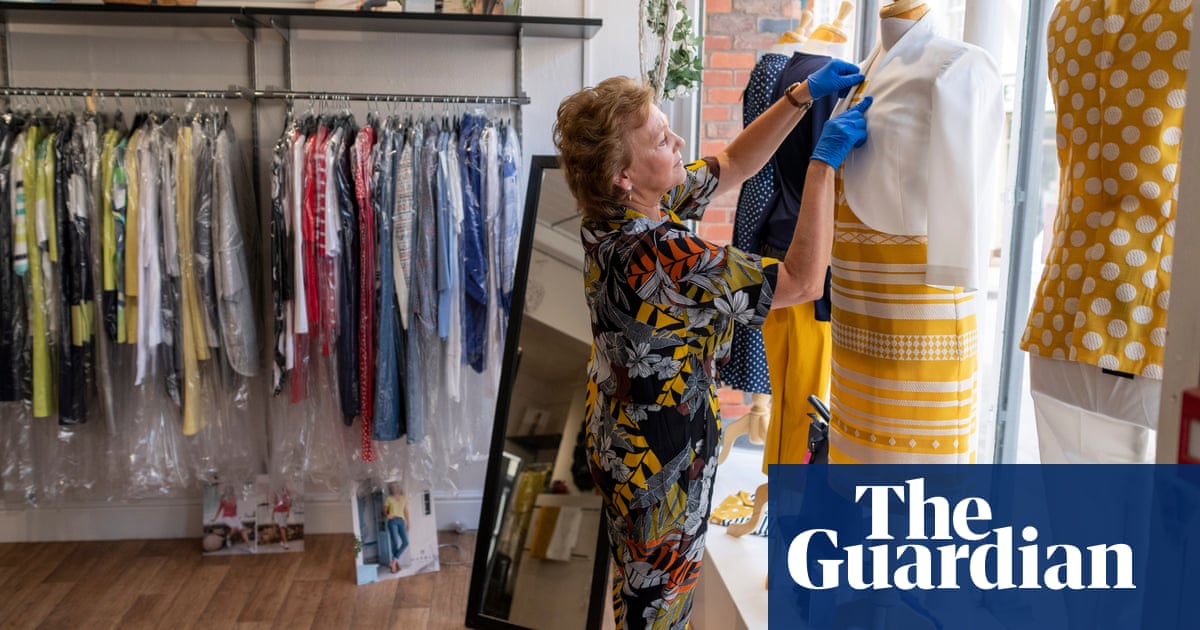
From buying supermarket value brands to putting on a jumper in cold weather, people with wealth and power have been enthusiastically advising the public on how to cope with the cost of living crisis.
Many seem unaware that Britain’s poorest families have no margin to absorb higher costs, and that genuine need has given them first-hand experience of how to make their budgets go further. Recent analysis by the Resolution Foundation showed that household spending has risen most for those on the lowest incomes, which the thinktank said highlighted the need for proper targeted support rather than money-saving tips.
Here are some of the most ignorant suggestions that have provoked ire:
On Wednesday, George Eustice, the minister overseeing food and farming, suggested that people should buy value ranges in the supermarket, which he patronisingly advised could enable them to “actually contain and manage their household budget”. Labour said it showed how “woefully out of touch” the government was, while commenters on social media were quick to point out that “how wealthy people and poor people save money is very, very different”.
With gas and electricity increasing by up to 54% from April, energy companies have been offering their customers unwelcome advice on how to manage their bills. E.ON Next sent branded socks to customers to keep them warm – and subsequently had to apologise. Britain’s third biggest energy supplier, SSE, advised customers to keep their heating bills low by “having a cuddle with your pets”, eating “hearty bowls of porridge”, “doing a few star jumps” and drinking water instead of alcohol, comments it later admitted had “embarrassed” the company.
When Boris Johnson was asked on Good Morning Britain what he thought about a 77-year-old woman who has only one meal a day and travels on buses during the day to keep her household bills down, the prime minister replied: “The 24-hour freedom bus pass [allowing free bus travel for over-60s in London] was actually something that I actually introduced.” Observers have pointed out that it was the London boroughs that brought the pass in, while the pensioner, Elsie, said she was “disappointed” with his response.
The Bank of England governor, Andrew Bailey, who is paid more than £500,000, suggested that workers shouldn’t ask their employers for pay rises to contain the inflationary pressures confronting the British economy in 2022.
The education secretary, Nadhim Zahawi, told LBC that the government’s solution to the cost of living crisis was to “make sure there’s a job available” for people. This prompted the host, Tom Swarbrick, to ask whether “Molly-Mae has taken over the Conservative party”, in reference to the wealthy influencer who suggested that, regardless of socioeconomic background, “if you want something enough you can achieve it and it just depends to what lengths you want to go to”.
With many struggling to afford monthly rents that have reached record highs, let alone average house prices that are 6.7 times average earnings, Kirstie Allsopp was derided on social media for suggesting that young people could buy their own homes if they gave up Netflix, easyJet flights, the gym and coffees. With the average deposit for a first-time buyer £59,000, according to Halifax, buyers would have to forgo their subscriptions, trips and coffees for 37 years.
The wealthy chief executive of the energy supplier Utilita, Bill Bullen, suggested that people should use less electricity to deal with the cost of living crisis, after last winter drawing on his decades of industry expertise to recommend that people wear a jumper to keep heating bills down.












